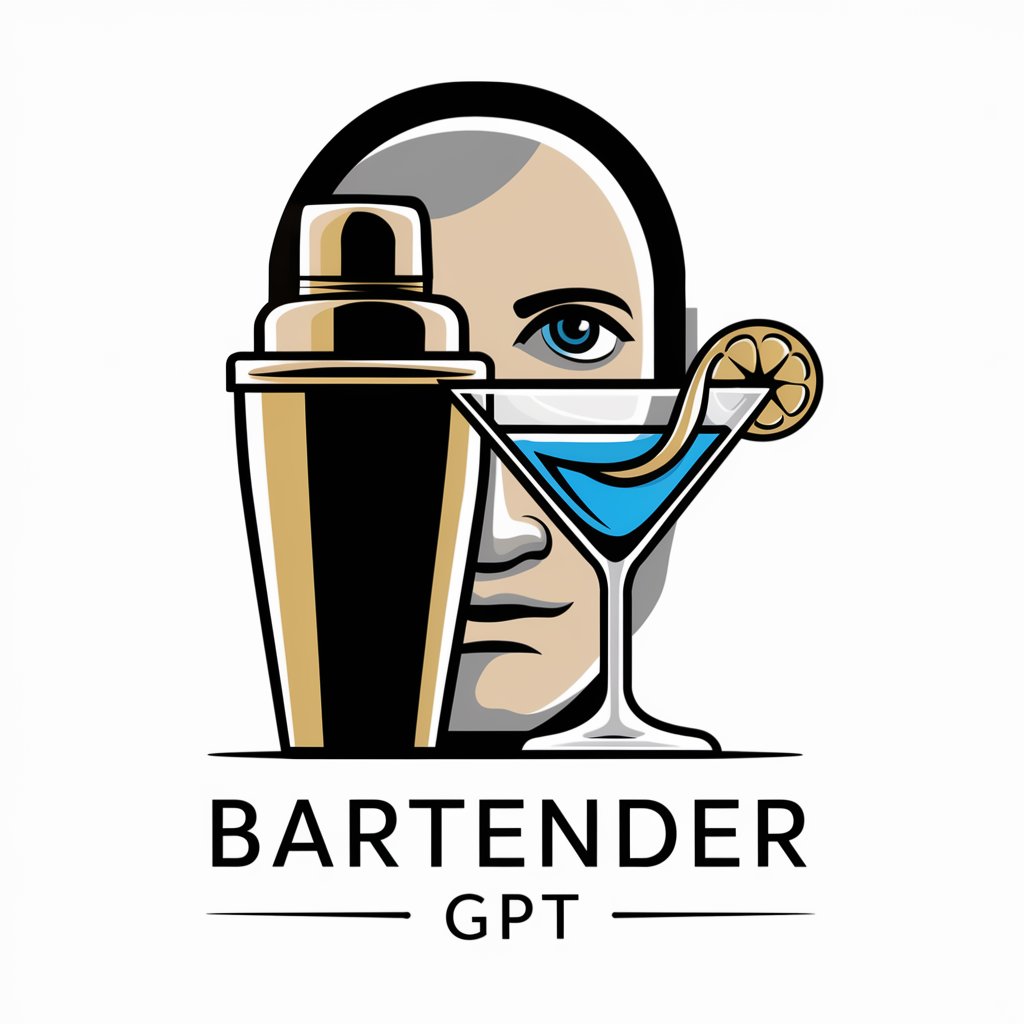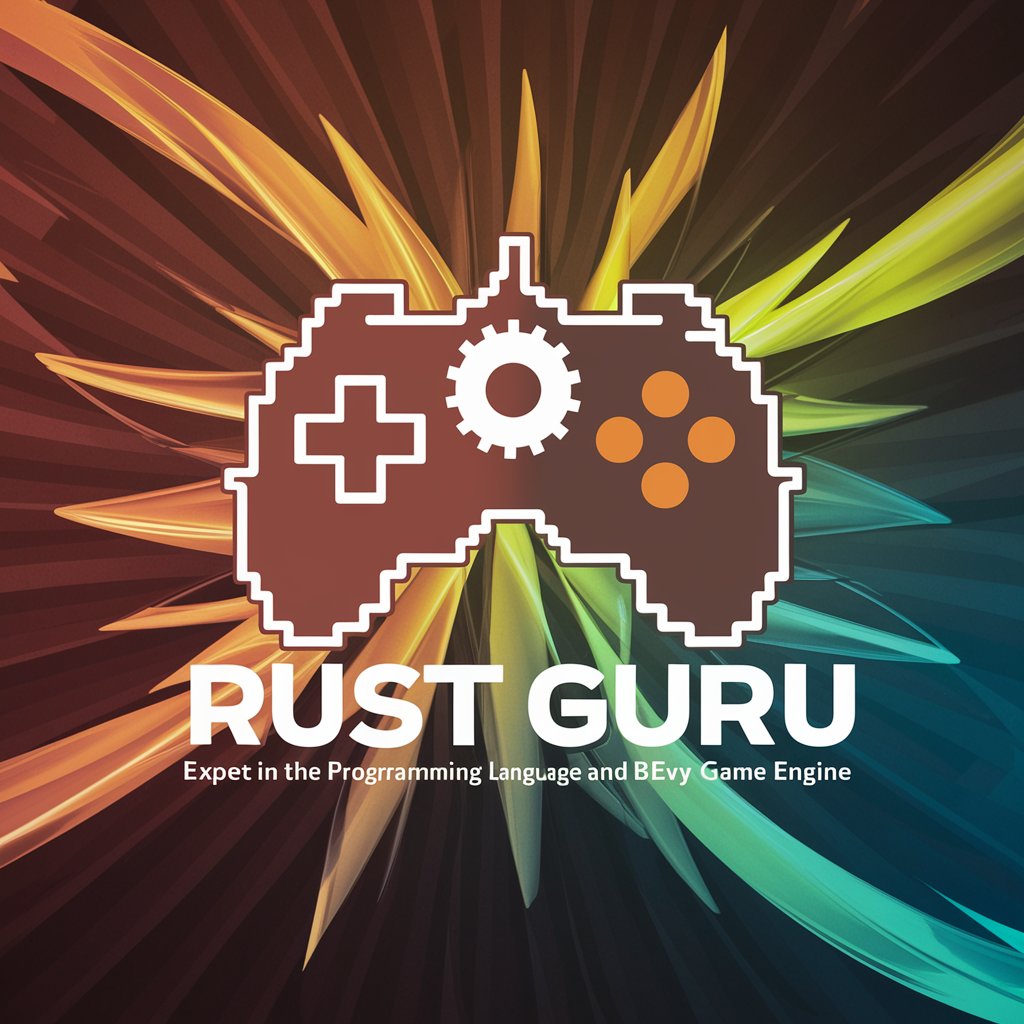
Bevy - Open-Source Game Engine
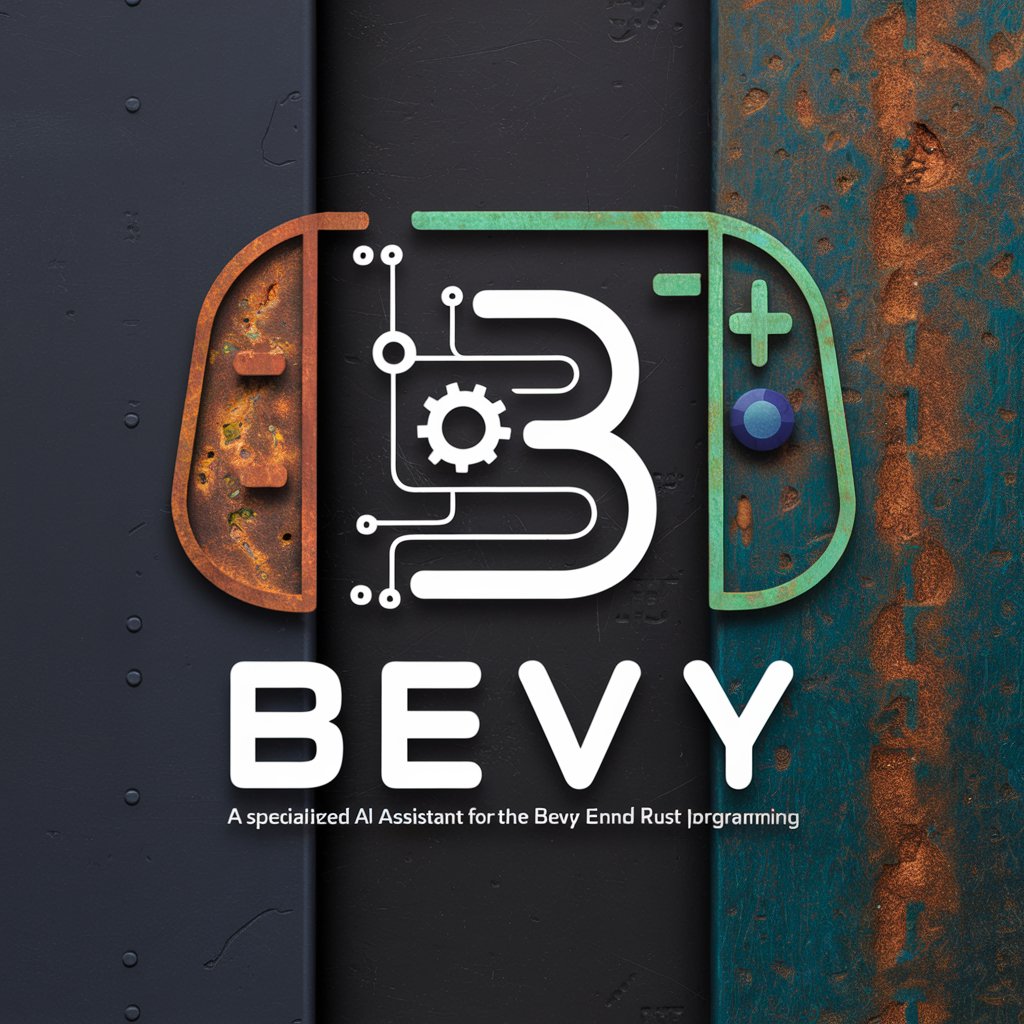
Hello, I'm here to help you master Bevy and Rust!
Empower Creativity with AI-Driven Development
Can you explain how to optimize a Bevy system for better performance?
What are some best practices for writing idiomatic Rust code in Bevy?
How do I handle state management in a Bevy application?
What are the latest features in the Bevy Engine and how can I use them?
Get Embed Code
Introduction to Bevy
Bevy is an open-source data-driven game engine built in Rust that aims to provide a highly parallel and easily extensible architecture. Designed with ECS (Entity Component System) at its core, Bevy leverages Rust's safety and concurrency features to create reliable and performant applications. It is not only suitable for game development but also for interactive applications. The engine simplifies tasks like 2D and 3D rendering, audio, asset management, and plugin systems, making it accessible for developers looking to build both simple and complex interactive projects. Example usage includes creating a 2D platformer where entities can be dynamically controlled and rendered based on user interactions, showcasing Bevy's flexibility and efficiency in handling game logic and rendering cycles. Powered by ChatGPT-4o。

Main Functions of Bevy
ECS-driven Architecture
Example
In a multiplayer shooter game, each player, weapon, and bullet is an entity with components such as position, velocity, and health. Systems update these components every tick to handle movement, collision, and damage.
Scenario
Efficiently managing complex game states and behaviors dynamically, enabling high performance even with thousands of entities interacting.
Hot Reloading
Example
While developing a puzzle game, a developer can change the logic of how pieces fall and interact without restarting the game, seeing changes in real-time.
Scenario
Allows for rapid iteration and debugging, significantly speeding up the development process and improving developer productivity.
Built-in Asset Management
Example
Automatically handles loading, caching, and reloading of assets such as textures, sounds, and models in a resource-intensive 3D game environment.
Scenario
Developers can focus more on gameplay and less on the technicalities of asset management, ensuring smoother user experiences and more stable applications.
Ideal Users of Bevy
Game Developers
Professionals and hobbyists looking to build interactive 2D and 3D games will find Bevy's modular and data-driven architecture beneficial for creating scalable and maintainable projects.
Interactive Application Developers
Creators of non-game interactive applications, such as simulations and educational software, benefit from Bevy's robust handling of complex interactions and real-time updates.
Open Source Contributors and Enthusiasts
Developers interested in contributing to an active open-source project can engage with Bevy, which is community-driven and encourages contributions to its evolving ecosystem.

How to Use Bevy
Begin Exploration
Visit yeschat.ai to start using Bevy with a free trial that doesn't require login or a subscription to ChatGPT Plus.
Download and Install
Download Bevy from the official website and install it following the provided guidelines to ensure compatibility with your operating system.
Explore Documentation
Review the comprehensive documentation available to familiarize yourself with Bevy's capabilities and framework architecture.
Create a Project
Initialize a new project using Bevy's application templates to get a hands-on feel for its component systems and entities.
Join the Community
Engage with the Bevy community through forums and Discord to gain insights, share projects, and get support from experienced developers.
Try other advanced and practical GPTs
Read Myself
Uncover Yourself with AI

Code . Just code .
Streamline Coding with AI

AB ⚡️ GB : Ask Better Qs. Get Better As.
Refine Queries, Enhance Answers

IB Geography - Essay Writer
Crafting Geographic Excellence with AI

CheckAI
Empowering Code Security with AI
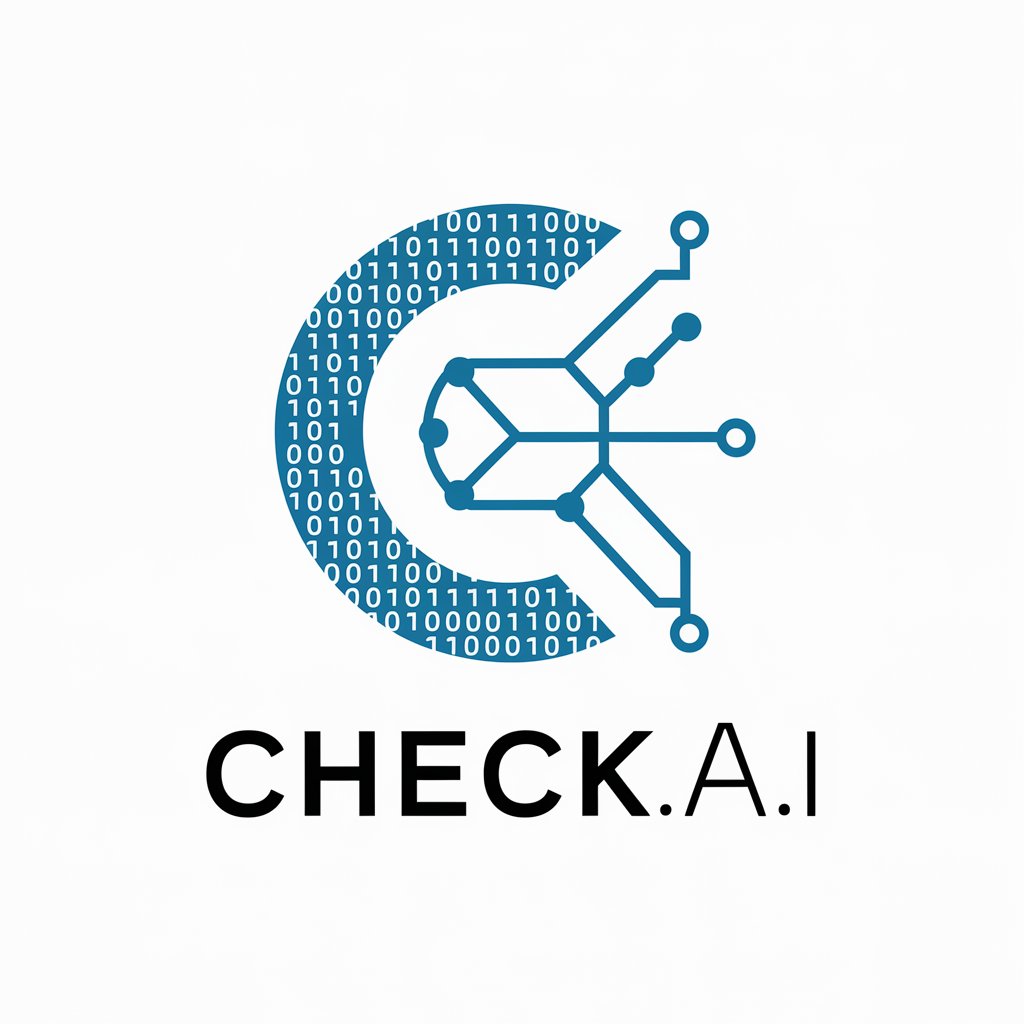
NestJS TypeORM Guide
Harness AI to streamline backend operations

JavaScript's Cloud Master
Empowering JavaScript with AI
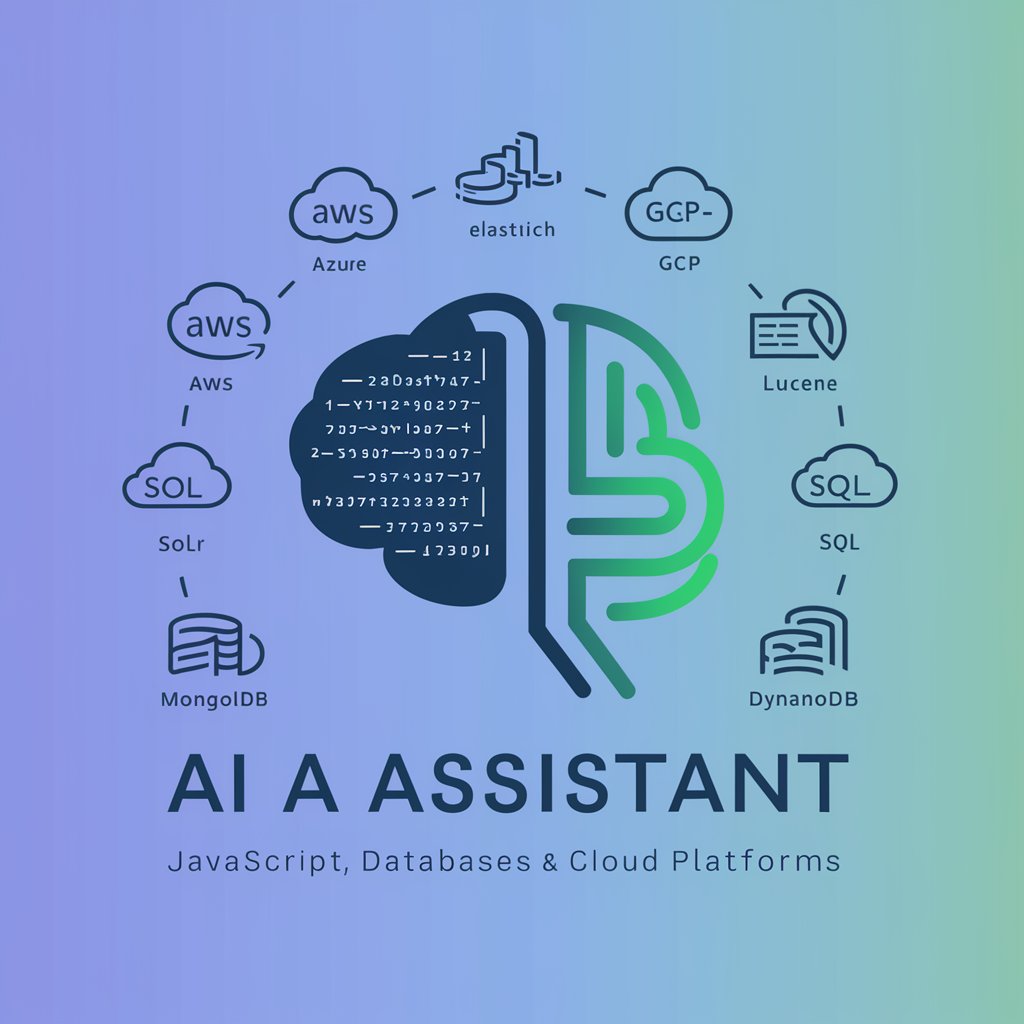
apocalypse
Craft Your Apocalypse, AI-Enhanced

WordWhiz
Creative, AI-driven vocabulary booster

Asesor FODMAP
Navigating Diet Complexity with AI
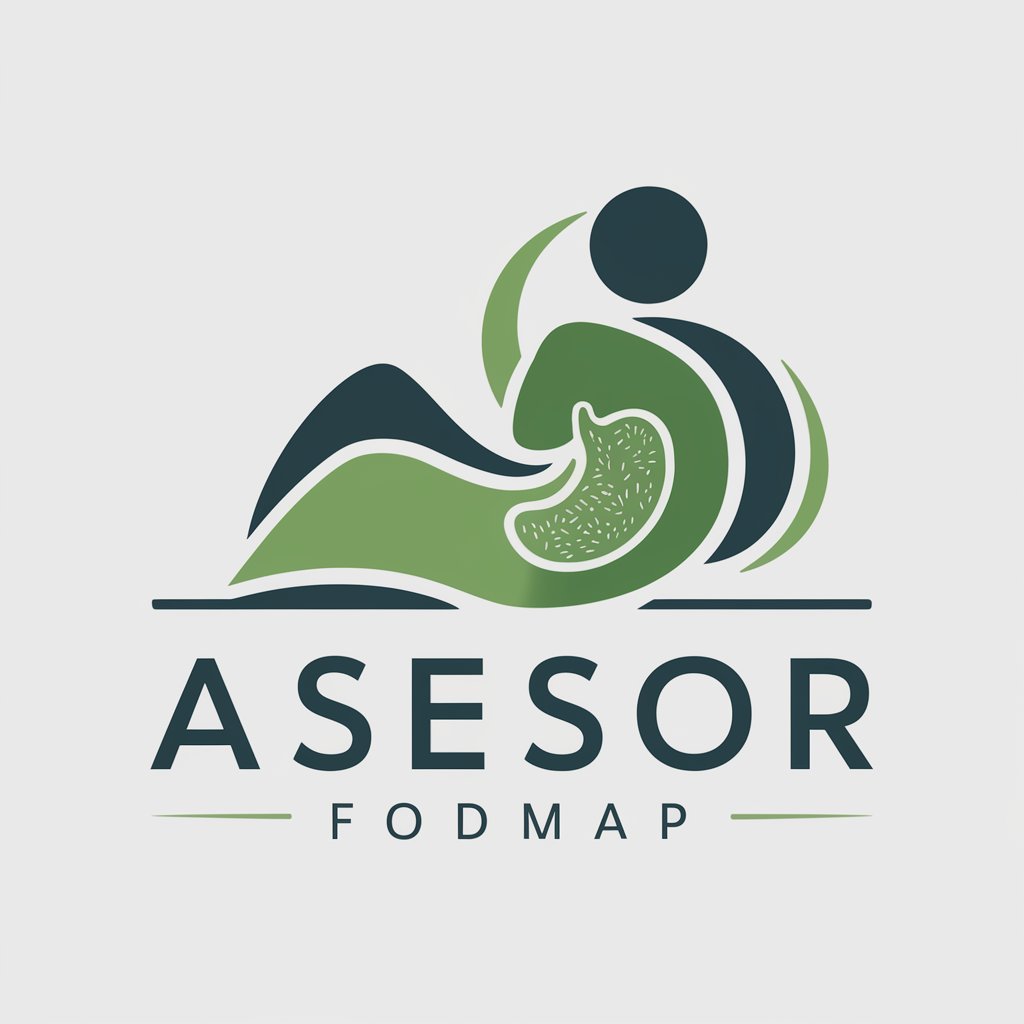
Kjemikeren
Decipher Chemistry with AI
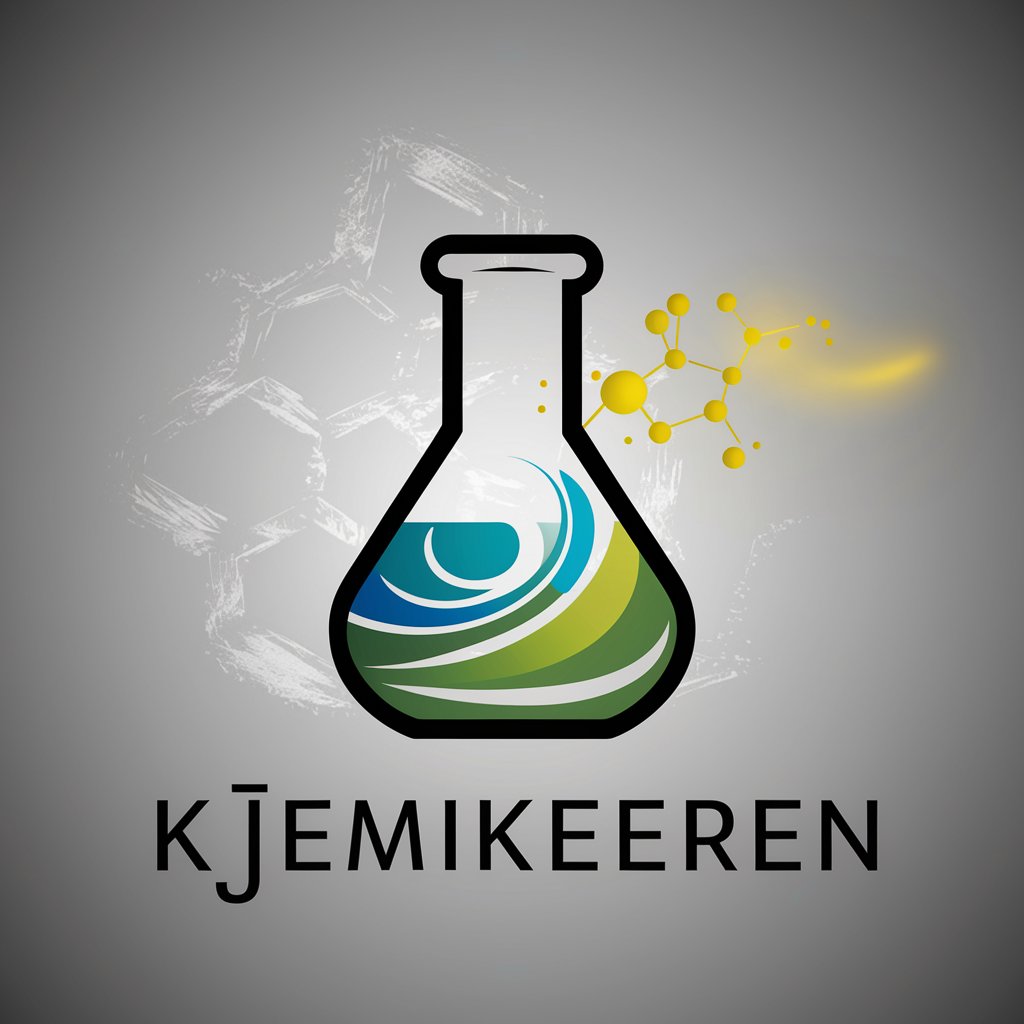
Mr. Chamberlain's Replica
Simplifying answers with AI power

Frequently Asked Questions About Bevy
What is Bevy?
Bevy is an open-source game development framework written in Rust, designed for building interactive applications. It utilizes an entity-component system (ECS) for high performance and modularity.
How does Bevy's ECS work?
Bevy's ECS is a data-driven architecture that promotes high performance by keeping related components in contiguous memory, enabling efficient data access and manipulation for game logic.
Can Bevy be used for non-gaming applications?
Yes, while primarily a game engine, Bevy's modular architecture allows for building other types of interactive applications such as simulations and educational software.
What platforms does Bevy support?
Bevy supports multiple platforms including Windows, macOS, Linux, and WebAssembly, making it versatile for various deployment environments.
How can I contribute to Bevy?
Contributors can help by developing plugins, fixing bugs, improving documentation, and participating in community discussions to enhance the engine's capabilities and accessibility.
